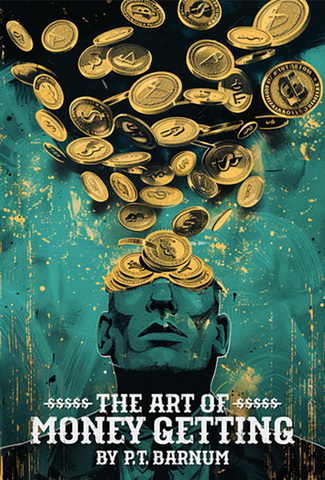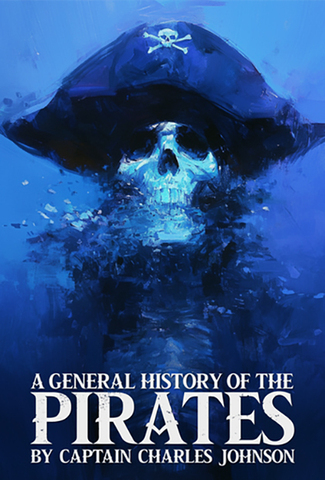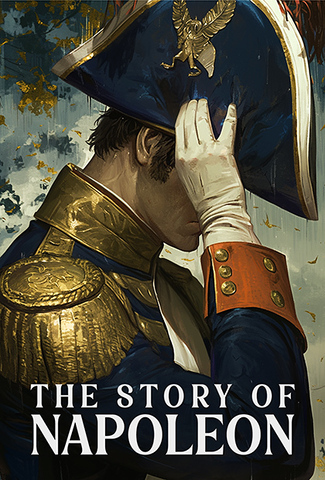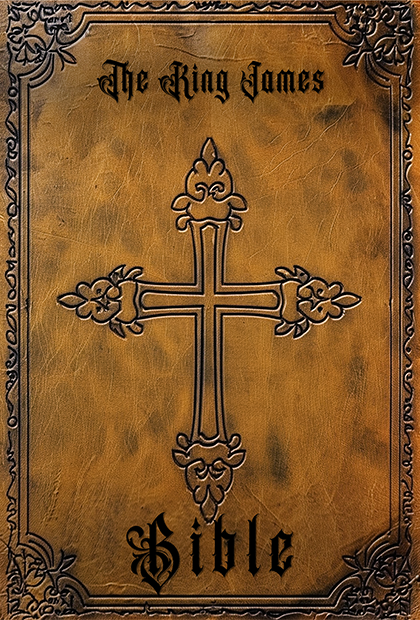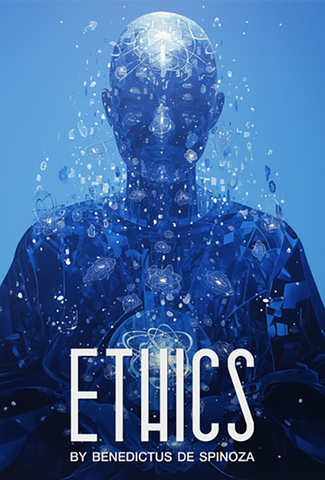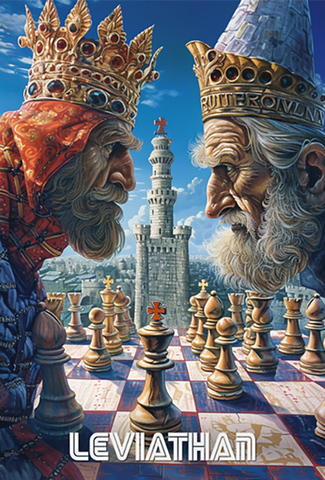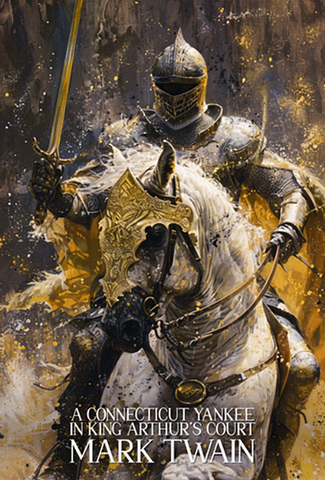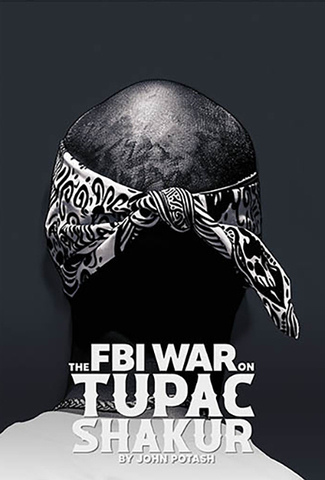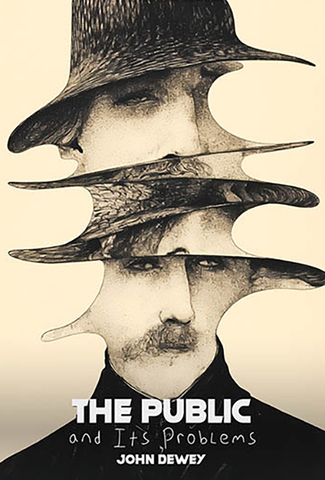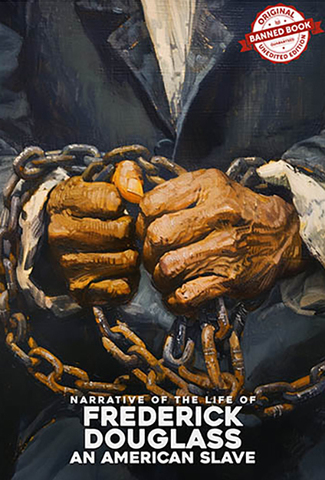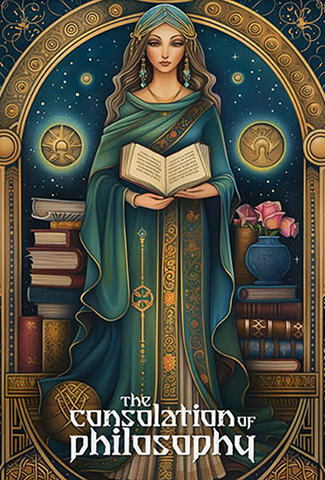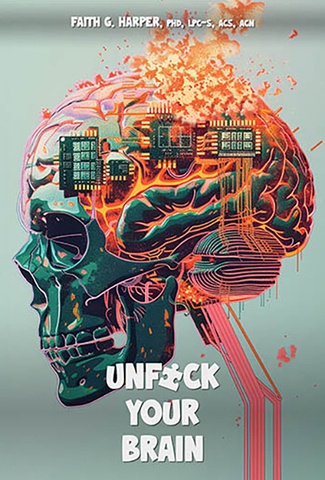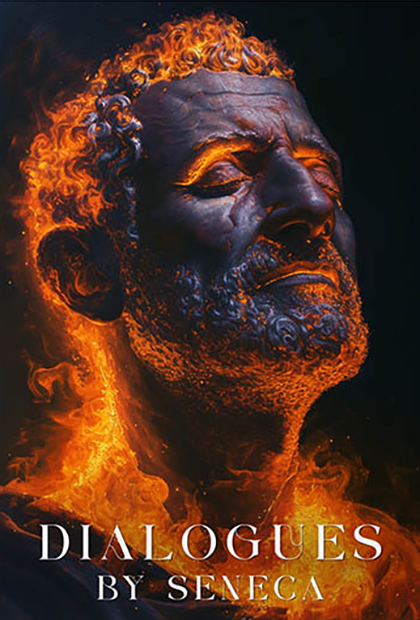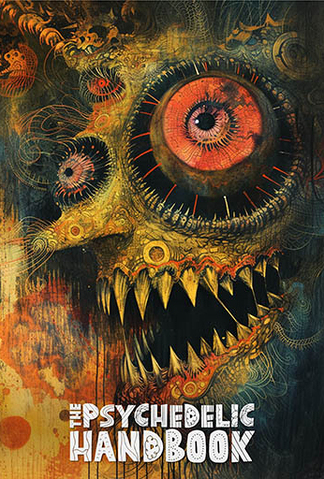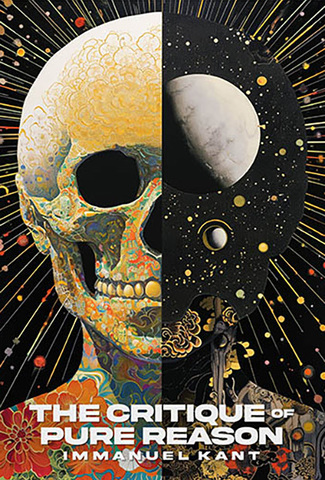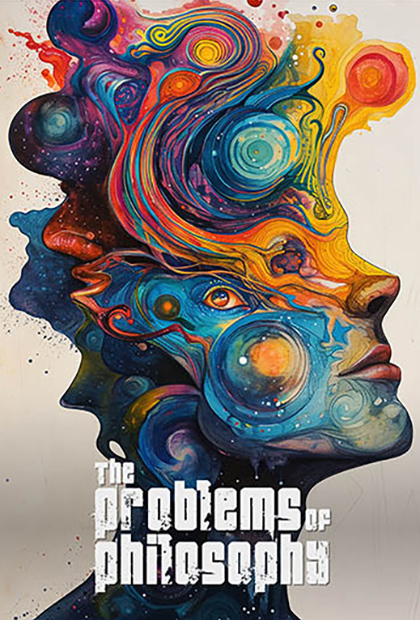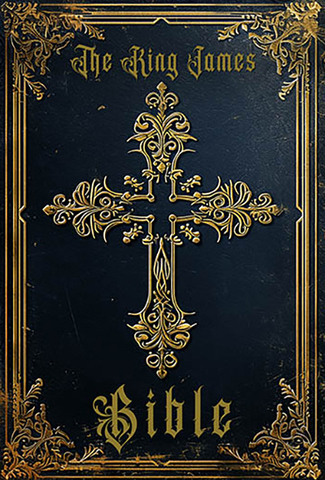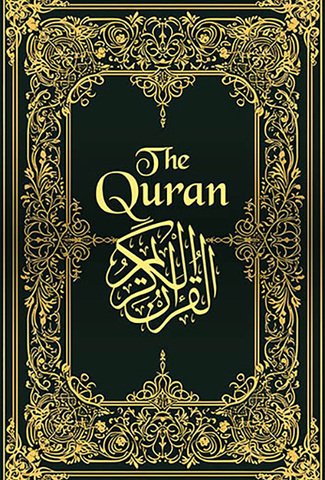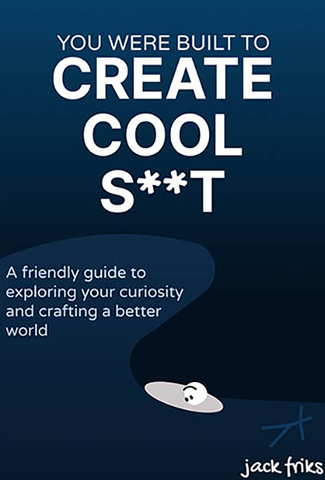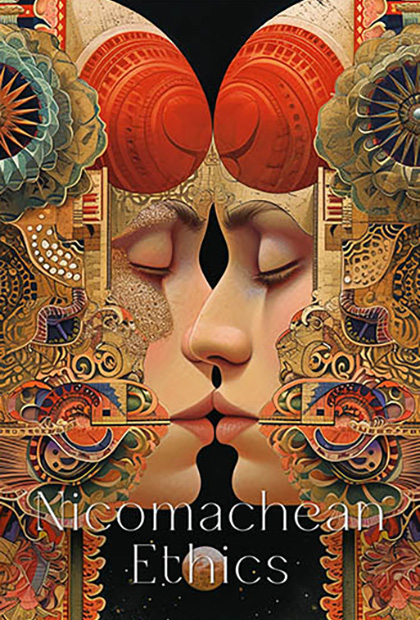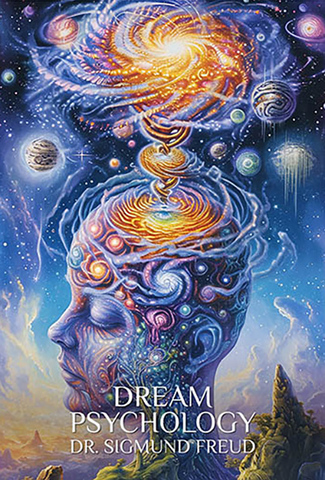Genre - Non-Fiction
“The Art of Money Getting” is a book written by P.T. Barnum, the famous American showman and businessman, also known for founding the Barnum & Bailey Circus. Originally published in 1880 under the title “The Art of Money Getting, or Golden Rules for Making Money,” this book offers insights and advice on achieving financial success and prosperity.
Read More
“A General History of the Pirates” also known as “A General History of the Pyrates” was written by Captain Charles Johnson, although the true identity of the author remains uncertain. The book was first published in 1724 under the title “A General History of the Robberies and Murders of the Most Notorious Pyrates” and is a comprehensive account of various pirates and their exploits during the “Golden Age of Piracy” in the late 17th and early 18th c… Read More
Harold Wheeler’s “The Story of Napoleon” presents a thorough biography of the renowned French military commander, Napoleon Bonaparte.
Napoleon Bonaparte was a towering figure in European history, known for his military prowess, strategic brilliance, and ambitious political endeavors.Throughout the book, Wheeler guides readers through Napoleon’s life, tracing his origins, ascent to authority, and eventual decline.
… Read More
The King James Bible (KJV), also referred to as the Authorized Version (AV), is a classic English translation of the Bible. Commissioned by King James I of England and first published in 1611, it has had a profound impact on English literature and religious worship.
Read More
“Ten Days That Shook the World” is a book written by the American journalist and socialist John Reed. It provides an eyewitness account of the October Revolution in Russia, which led to the establishment of the Soviet government.
Read More
“Ethics” (sometimes referred to as “Ethics, Demonstrated in Geometrical Order”) is a philosophical work written by Benedictus de Spinoza, a Dutch philosopher of the 17th century. Spinoza is considered one of the rationalist philosophers of the period and is known for his contributions to metaphysics, epistemology, and political philosophy.
Read More
“The Dog’s Book of Verse, compiled by J. Earl Clauson, is a poetic anthology that joyfully commemorates the unique bond between dogs and their owners.”
“A Connecticut Yankee in King Arthur’s Court” is a novel written by American author Mark Twain. It was first published in 1889. The novel is a satirical work that combines elements of science fiction, time travel, and social commentary.
Read More
Since the first day after the tragedy was announced, controversy has surrounded the death of rap and cultural icon Tupac Shakur. In this work, preeminent researcher on the topic, John Potash, puts forward his own theories of the events leading up to and following the murder in this meticulously researched and exhaustive account of the story.
Read More
“The Public and Its Problems” is a book written by American philosopher John Dewey. It was first published in 1927 and is one of Dewey’s major works in political philosophy. The book explores the nature of publics, the challenges of democracy, and the relationship between individuals and society.
Read More
“Narrative of the Life of Frederick Douglass” is an autobiographical account written by Frederick Douglass. It was first published in 1845 and is considered one of the most influential pieces of literature to emerge from the abolitionist movement. The narrative provides a firsthand account of Douglass’s life as a slave and his journey to freedom.
Read More
“The Consolation of Philosophy” is a philosophical work written by the Roman statesman and philosopher Boethius around the year 524 AD while he was in prison awaiting execution. The book is considered one of the most important and influential philosophical works of the Middle Ages.
Read More
A no-nonsense and helpful guide on how to cope with a slew of mental-health issues that are hellbent on ruining the lives of millions of people worldwide.
Read More
Learn everything you need to know about psychedelics with this ultimate guide packed with information on popular psychedelic drugs like psilocybin, ketamine, MDMA, DMT and LSD—plus practical tips for microdosing and how to safely “trip”—from bestselling author Dr. Rick Strassman.
Read More
“The Critique of Pure Reason” is a philosophical work by Immanuel Kant, first published in 1781. It is one of Kant’s major works and is considered a cornerstone in modern Western philosophy. The book addresses fundamental questions about human knowledge, metaphysics, and the nature of reality.
Read More
“The Problems of Philosophy” is a philosophical work written by the British philosopher Bertrand Russell. It was first published in 1912. In this book, Russell explores various fundamental issues in philosophy, presenting his thoughts on topics such as the nature of reality, the limits of human knowledge, and the philosophy of language.
Read More
The King James Bible (KJB), also known as The King James Version (KJV), and the Authorized Version (AV), is a classic English translation of the Bible. Commissioned by King James I of England and first published in 1611, it has had a profound impact on English literature and religious worship.
Read More
The Hebrew Tanakh represents the foundational religious and historical text for Judaism. It serves as a source of religious guidance, law, and inspiration for Jewish communities around the world.
Read More
An awakening call for YOU, and every other human’s natural abilities, to be let out of their cages. Creation, curiosity, exploration, deprivation, information (overload): defeat the beast that is you-stopping-you from realizing just how much you have to offer this world by using your creative abilities.
Read More
“Nicomachean Ethics” is a philosophical work by the ancient Greek philosopher Aristotle. It is named after Aristotle’s son, Nicomachus, to whom the work is dedicated. This ethical treatise, composed around 350 BCE, is part of Aristotle’s broader exploration of ethics and political philosophy.
Read More
“Dream Psychology” is a book written by Sigmund Freud, the renowned Austrian neurologist and the founder of psychoanalysis. Originally published in 1920, the book explores Freud’s theories on the interpretation of dreams and their connection to the unconscious mind.
Read More

